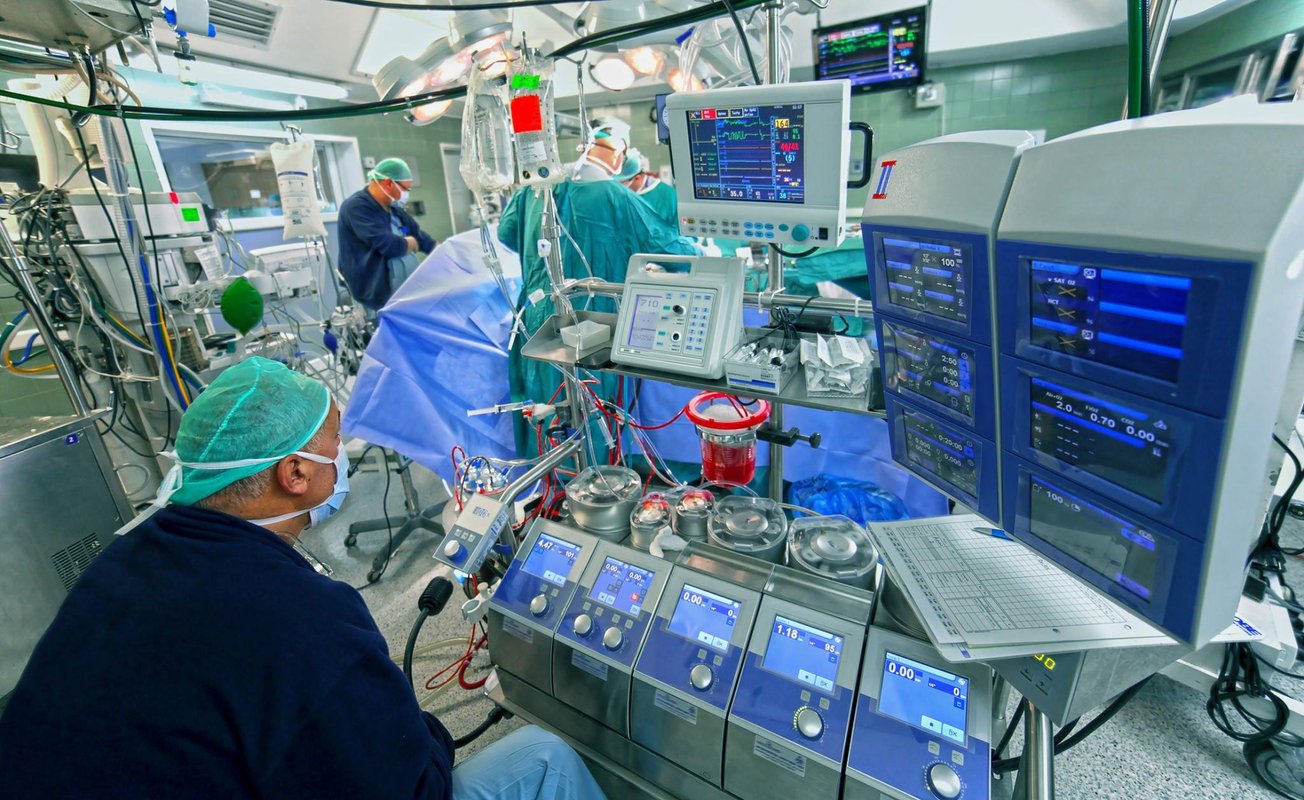
Financial aid (may be available)

Financial aid (may be available)

Financial aid (may be available)

$173 to start
$2,200 total
$309 total
$276 total
$285 total
$296 total
No cost info
No cost info
$607 total
No cost info
$1,599 total
No cost info
Are you considering expanding your skills in the healthcare field? Do you live in Kansas City and are looking for the ideal ACLS (Advanced Cardiovascular Life Support) class near you? If yes, you're in the right place. This blog post is a comprehensive guide that will provide you with all the necessary information you need to embark on your ACLS journey. Remember, the key to finding the perfect class for you is to understand what it entails, the requirements, the certification process, and how to find related jobs.

ACLS stands for Advanced Cardiovascular Life Support. It's a clinical algorithm that healthcare professionals use in medical emergencies, particularly those related to cardiovascular incidents like cardiac arrest. This advanced course equips healthcare workers with the knowledge and skills necessary to make split-second decisions during life-threatening emergencies.
Before enrolling in an ACLS class, it's important to know the prerequisites:
Basic Life Support (BLS) Certification: Since ACLS is an advanced course, a BLS certification is necessary as it provides the foundation for the skills you'll learn in the ACLS class.
Healthcare Experience: ACLS courses are typically designed for healthcare professionals who are directly involved in emergency assessment, treatment, and management. This includes nurses, physicians, paramedics, and others working in emergency responses.
When choosing an ACLS class, consider the following factors:
Accreditation: Ensure that the course is accredited by a recognized body, such as the American Heart Association (AHA).
Course Content: The course should cover key areas like managing and responding to cardiovascular emergencies, high-quality CPR, and effective team communication.
Duration and Flexibility: Check the duration of the course and if it fits into your schedule. Some courses offer part-time or online learning options for flexibility.
The day-to-day experience in an ACLS class may vary depending on the institution. However, typically you can expect:
Interactive Lectures: These cover the theoretical aspects of ACLS, such as understanding cardiovascular emergencies and the appropriate response protocols.
Practical Sessions: Here, you'll learn how to perform high-quality CPR, use an automated external defibrillator (AED), and other emergency procedures.
The certification process involves completing the training course and passing a written and practical exam. Once you pass these assessments, you'll be awarded an ACLS certification, which is usually valid for two years. After this period, you'll need to take a renewal course to keep your certification active.
Once you are ACLS certified, you can explore job opportunities in different healthcare settings, such as hospitals, clinics, and emergency response services. Websites like Dreambound can be a great resource for finding related job postings.
After becoming ACLS certified, there are several other courses you could consider to further enhance your skills:
Pediatric Advanced Life Support (PALS) Certification: This course focuses on emergency situations involving infants and children.
Critical Care Paramedic (CCP) Certification: This course provides advanced skills for handling critical care patients during transport.
Besides ACLS, there are several other healthcare roles you might be interested in pursuing. For instance, you might consider becoming a Respiratory Therapist or a Certified Medication Aide. These roles require specialized training and can be a great way to diversify your skills.
or a Pharmacy Technician. These roles offer opportunities to apply your healthcare skills in different settings.
Keeping your ACLS certification active is crucial for your career. This typically involves taking a renewal course every two years. Make sure you keep track of your certification expiration date and enroll in a renewal course in advance.
In the ever-evolving field of healthcare, continuous learning is key to staying updated with the latest practices. Therefore, even after obtaining your ACLS certification, consider participating in workshops, seminars, and other advanced courses to enhance your skills and knowledge.
Becoming ACLS certified is a significant step in advancing your healthcare career. Not only does it equip you with the skills to handle cardiovascular emergencies, but it also opens up a range of job opportunities in the healthcare sector. Remember, the journey doesn't stop at becoming certified. Continuous learning and skill enhancement are key to staying current and effective in your role. If you're in Kansas City and thinking, "Where can I find the best ACLS classes near me?" remember, the perfect class is out there waiting for you.
If you're exploring options in this field in various locations, Dreambound's extensive guides are a great resource. We've got detailed insights for numerous cities. check out some additional guides below:
Thinking about all of the factors involved in making a career shift? Take a look at some of the guides we've written to help you in your journey.
Dreambound's platform allows prospective students to find the right educational program for them through searching, filtering, and connecting with our extensive selection of career & technical education partners.
Dreambound has over 70 programs across healthcare, technology, business, and industrial trades. This includes programs such as Medical Billing, Cybersecurity, and welding.
Some of our schools offer financial aid for those who qualify. Many others offer payment plans, where you can pay the cost of class over time.
Yes, Dreambound offers many online programs. On Dreambound's search, you can filter by online, in-person, and hybrid (part online, part in-person).
Dreambound is completely free for you to use! We are supported by schools and organizations who pay to advertise on our website, so we can offer all of our career resources for free.